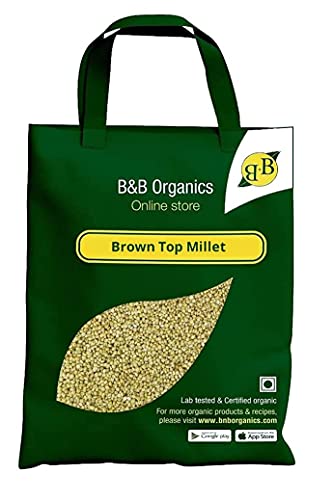

In addition, intact protein ingestion in the form of soy, casein, whey, egg, or beef increases the amino acid supply to muscle, which further promotes muscle protein synthesis during postexercise recovery ( 8– 19). We conclude that a soy-dairy PB ingested following exercise is capable of prolonging blood aminoacidemia, mTORC1 signaling, and protein synthesis in human skeletal muscle and is an effective postexercise nutritional supplement.Īn increase in amino acid availability following an acute bout of resistance exercise (RE) 11 enhances skeletal muscle protein synthesis in humans ( 1– 7).


mTORC1 signaling similarly increased between groups, except for no increase in S6K1 phosphorylation in the WP group at 5 h postexercise ( P < 0.05). Postexercise FSR increased equivalently in both groups during the early period (WP, 0.078 ± 0.009% PB, 0.088 ± 0.007%) however, FSR remained elevated only in the PB group during the late period (WP, 0.074 ± 0.010% PB, 0.087 ± 0.003%) ( P < 0.05). PB ingestion created a lower initial rise in blood BCAA but sustained elevated levels of blood amino acids later into recovery ( P < 0.05). WP ingestion resulted in higher and earlier amplitude of blood branched-chain amino acid (BCAA) concentrations. Muscle biopsies from the vastus lateralis were collected at rest (before RE) and at 3 postexercise time points during an early (0–2 h) and late (2–4 h) postingestion period. We examined mixed-muscle protein FSR by stable isotopic methods and mTORC1 signaling with western blotting. In this double-blind, randomized, clinical trial, 19 young adults were studied before and after ingestion of ∼19 g of protein blend (PB) or ∼18 g whey protein (WP) consumed 1 h after high-intensity leg RE. We hypothesized that a protein blend of soy and dairy proteins would capitalize on the unique properties of each individual protein and allow for optimal delivery of amino acids to prolong the fractional synthetic rate (FSR) following resistance exercise (RE). High-quality proteins such as soy, whey, and casein are all capable of promoting muscle protein synthesis postexercise by activating the mammalian target of rapamycin (mTORC1) signaling pathway.


 0 kommentar(er)
0 kommentar(er)
